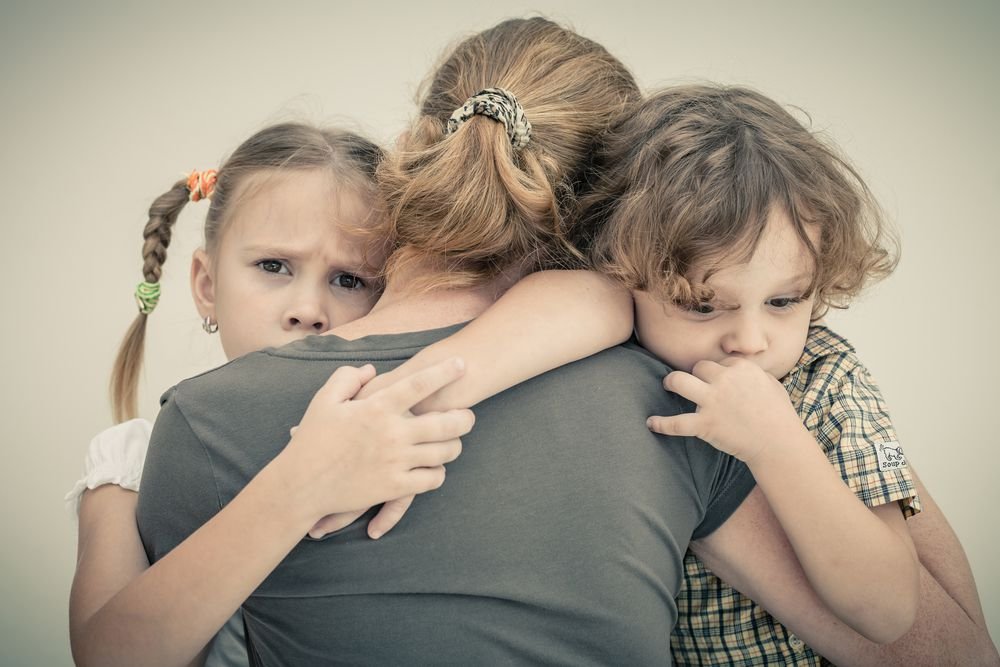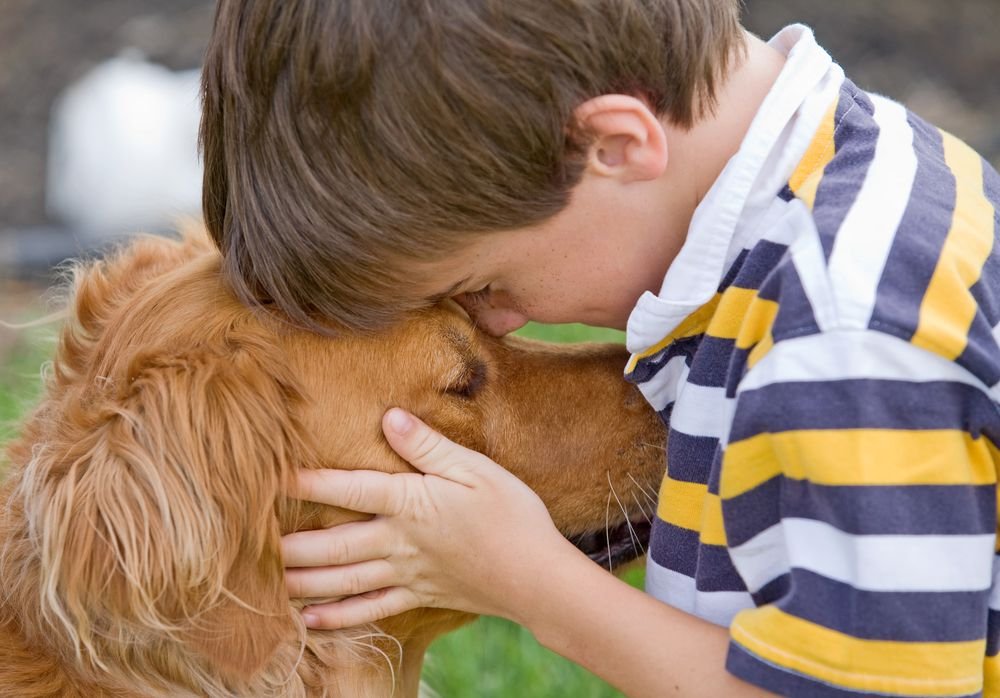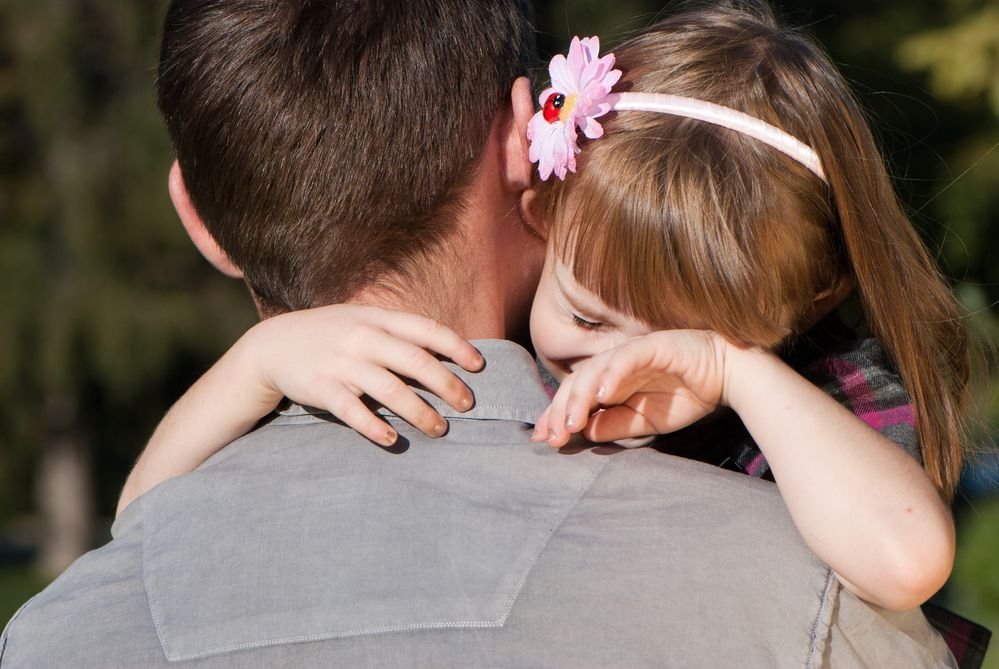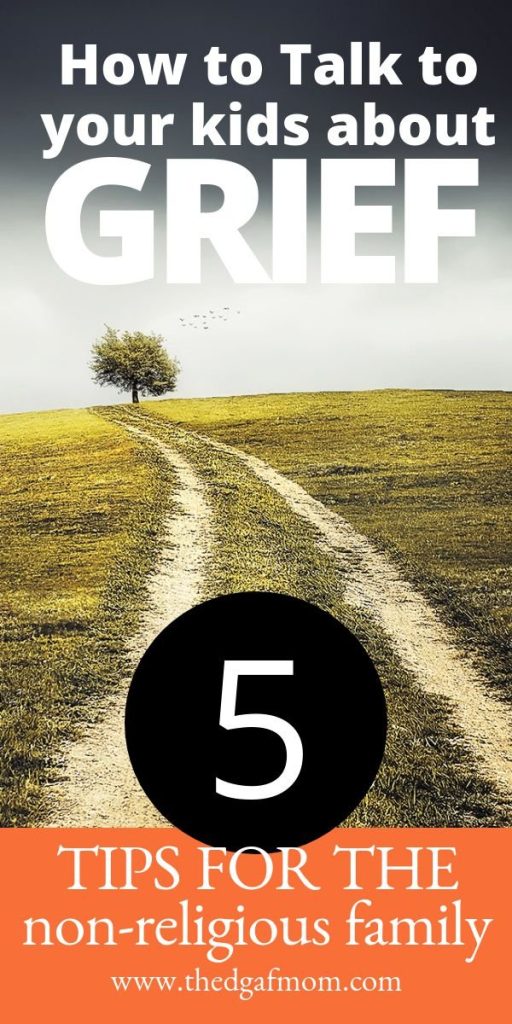If you’ve stumbled onto this post odds are you’re in the midst of some pretty heartbreaking news. I’m so sorry for your loss. But even more complex, is that you’re going to have to talk to your babies about this and help them find a healthy way to grieve as well. How do you begin to explain the concept of death to a young child? If you’re not religious then perhaps the idea of explaining death without religion can feel even more daunting. But I promise you, you can talk to your child about death and help them grieve in a healthy, productive way.
A disclaimer: I am not a child psychologist or an early childhood development expert. I’m merely a non-religious momma who has had two parents (my mother in law and my father) die in the span of two months and needed answers fast on how to talk to my toddlers about why we were all so sad, and what was happening. So I researched it to death (pun fully intended), and I’m sharing what I’ve learned to help you streamline the emotional and challenging process of talking to a child about death and dying without religion.
Some of the links below contain affiliate linking, which means that at no extra cost to you, I may earn a commission if you click through and make a purchase. You can read my full disclosure policy here.
Why Are We Talking About Death With Our 3-Year-Old?
I’m not entirely sure when Jack understood the concept of death.
It could have been when I casually mentioned to Chris that our parent’s poor health (his mom and my dad) probably means the death of some grandparents is looming in our not so distant future.
It could be the many episodes of Wild Krattswhere death is a regular part of the cycle of life (in fact there was an entire episode about the period of life not so long ago where the characters started at the bottom – a blade of grass, and ended up at the top – a lion or tiger I think).
But the tipping point came when we were hugging good night as I was sitting on the floor, and he tried to push me back. I asked him to stop because I thought it would hurt my back. He asked, “Mommy why does your back hurt?”
I said, sarcastically, “Because mommy is getting old.” (har har)
He instantly melted into a puddle of tears and said: “Mommy are you old, and you’re gonna die?”
Of course, I too instantly melted into an equal puddle and silently cursed myself for ever saying words.
On the outside, however, I appeared as calm as possible and kept saying things like, “Mommy’s going to live a very long time,” and “Everything is going to be okay,” and, and, and…
But he couldn’t hear any of it. He became fixated on the notion that I was going to die. Probably that night. He was too tired to rationalize with. He was too overwhelmed. And there was no pulling him back to reality.
He had the most restless sleep that night, waking every 45 minutes or so. The next morning he climbed into bed with us and seemed relieved. “Mommy, I was so scared that you were going to die.”

When Children Understand Death
After some considerable research, we learned that it’s unusual for someone his age to be responding to the concept of death in this way. In fact, more typically, children around ages five or six begin to understand death.
In this article featured in the Child Development Institute, there are three different stages that children may encounter when they’re learning about and understanding death which are age-dependent:
Preschool-Aged Children:
Typically aged three to five, they experience death as temporary, impersonal, and ultimately reversible. They’ll watch or read stories where heroes seem to die and then often rise up again.
Ages Five – Nine:
At this point, children understand more clearly that all living things eventually die and that death is indeed final. They may associate stuff like skeletons with death and may have nightmares about ghosts or scary “death” images. They don’t typically associate death with themselves, though.
Ages Nine – Early Adolescence:
It’s at this point that children fully understand that death is irreversible and that at some point they will also die.
But yet here we were with our three-year-old seeming to understand that not only is death final, but he could die.
“Mommy I’m going to miss my transformers when I die.” And, “Daddy, when I die Sammy can have all of my toys if he wants them.”
Gut. Punch, guys. Gut. Punch.
RELATED READING: 3 OF THE BEST REASONS TO CHOOSE EXPERIENCES INSTEAD OF THINGS
Change The Obsessive Thinking About Death
Jack was spinning, obsessively thinking about all of his worst fears coming true. And to be honest. I felt his pain. I’ve had panicked thoughts about a million things in my life that I’ve not had any control over yet still found myself obsessively thinking, worrying, panicking about it.
But he’s three years old. It felt like we needed to cut off the obsessive thoughts as soon as possible so that it wouldn’t evolve into some sort of neurosis and impeded his day to day activities.
I thought about my friends who have religion and how seemingly “easy” it must be to talk about God, and heaven, and how we all end up together at the pearly gates.
We found ourselves straddling the line between not wanting to lie to him and also not wanting to make things worse.
And it seems we were onto the right track with that.
According to the CDI, avoiding language such as, “Grandma went away,” or “ the puppy went to sleep,” or “ Your uncle is gone for a while” is a best practice. White lies can have many different meanings to your children, depending on the context.
The associations can even make them more fearful: Afraid to go to sleep, afraid of traveling, or even worse: if you are traveling that it may mean you’re going to leave them forever. It’s a better choice to be more straightforward and honest. And even to ask questions to help them come to their own conclusions.
RELATED READING: THE MENTAL BURDEN OF BEING A MOTHER
What We Said to Him to Get Him to Stop Obsessing
After more obsessing, more trying to rationalize (“it’s the cycle of life, you live you die,” etc), my husband finally asked, “Jack, what do you think happens when you die?”
“When you die, it means that you don’t get to love each other anymore.”
Gut punch, ya’ll. Gut. Punch, Again!
At that moment my husband hugged him and told him in a very calm manner: “You’re right, buddy. But even though you may not get to love their physical form anymore, to hug and kiss and play and snuggle, you will always get to love them in your heart. They will always be with you in your memories.”

Clear, Comprehensible Information About Death and Dying
According to the CDI, “A grieving child needs information that is clear and comprehensible for their development level.”
Ultimately your child needs reassurance that they are safe, loved and that they can talk about their feelings openly. Even if this means revisiting the topic time and again.
When preparing for an anticipated death (as in the case of my dad and mother-in-law) give them opportunities to help with the dying person if they want to. Give your child lots of attention and affection and don’t be afraid to answer questions about the terminally ill person.

It’s Okay To Not Have All of the Answers
Often as parents, we feel pressure to provide all of the answers to our children’s pressing questions. When it comes to educational topics, it’s easy to feel like a badass know-it-all parent especially with the help of Google. But talking about complicated subjects like death is much more…complex, and can feel equal parts stressful (to get it right) and exhausting (Wouldn’t it be easier just to ignore it)?
It’s okay to say you don’t know. It’s also a teaching opportunity to talk about how it’s okay not to have all the answers sometimes. If your child is open to it, you can choose to talk about it together. What do they think happens?
If you’re interested in diving deeper into the death talk I found the two below books to be useful. You can click on the links below which will take you to the Amazon link to purchase the books.
Relax It’s Just God: How and Why to Talk to Your Kids About Religion When You’re Not Religious
Death and dying on the brain of your child? Girl, tell me about it! How are you navigating this complex topic?
Also, if you found this post super helpful, please share it on your social networks.

